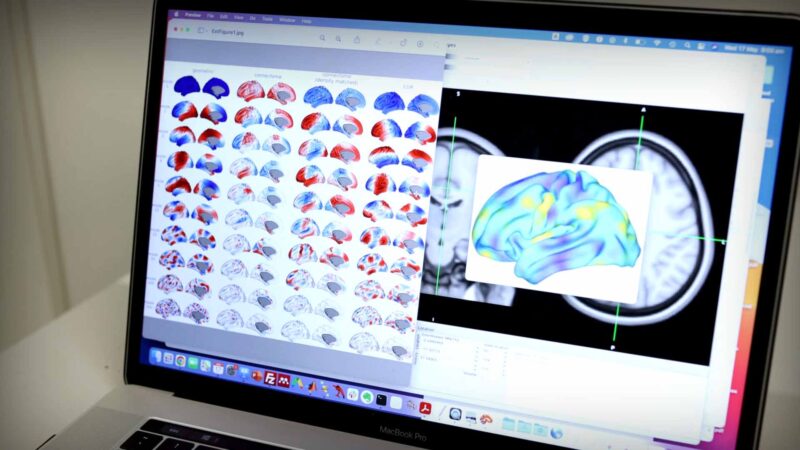In 2023, there are a number of changes occurring in dental services including the start of a new Senate inquiry and new registered nurses in residential aged care. Yet in the meantime there are gaps and delays in dental and oral health interventions for elderly Australians, unless training is more widely deployed.
Dental and oral health are important for the elderly for a number of important reasons:
- Maintaining overall health: Good dental and oral health are important for maintaining overall health in the elderly. Poor oral health can contribute to a range of health issues, including cardiovascular disease, diabetes, and respiratory problems.
- Nutrition: Maintaining good oral health is essential for proper nutrition, particularly for the elderly who may have difficulty eating due to tooth decay or missing teeth. Poor oral health can lead to malnutrition, which can exacerbate existing health problems.
- Pain management: Dental problems such as cavities, gum disease, and tooth infections can cause pain and discomfort, which can be particularly challenging for the elderly. Treating dental problems promptly can help manage pain and improve quality of life.
- Socialisation: Maintaining good oral health is important for socialisation and maintaining a positive self-image. Missing teeth or other dental problems can cause embarrassment and social isolation, which can negatively impact mental health and well-being.
- Preventing infection: Good oral hygiene is essential for preventing infection, particularly for the elderly who may be more susceptible to infections due to a weakened immune system. Poor oral health can contribute to infections such as pneumonia, which can be particularly dangerous for the elderly.
Overall, maintaining good dental and oral health is important for the elderly to maintain overall health, manage pain, improve nutrition, socialise, and prevent infections. Regular dental check-ups and good oral hygiene practices are essential for achieving and maintaining good oral health.
Australian Health Journal spoke to Leonie Short, a dental therapist working for Seniors Dental Care Australia on what she considers are dental and oral health priorities for the elderly, based on her work in the aged, home and disability sectors.
She passes her thoughts on the repetitive findings likely identified by the new Senate Select Committee into the Provision of and Access to Dental Services in Australia. She sees the need for funding a Seniors dental benefit scheme as the higher priority instead.
Leonie also speaks to the upcoming requirement for residential aged care having a registered nurse on site. There is a gap in the knowledge and evidenced based oral health care in residential aged care, for even cleaning of teeth or dentures. This training is provided by her organisation to nurses, support workers and carers.
Leonie recognises in Australian society, more elderly people are retaining their natural teeth, with crowns, implants and partial dentures and can be very complex to manage. However in her 9 years working in aged care settings, she clearly sees a lack of oral health care training.
You Might also like
-
Lens on patient care & allied health workforce across settings
The CEO of Allied Health Professions Australia (AHPA), Bronwyn Morris-Donovan spoke with Australian Health Journal about the following:
The structure and priorities for AHPA
The setting and disciplines in Allied Health
Allied Health representation in the Strengthening Medicare Task Force
Importance of a data strategy and interoperability in delivery of allied health services
Key allied health priorities hopefully addressed in Federal Budget.In the lead up to the Australian Federal Budget in May 2023, Australian Health Journal reached out to peak health industry bodies to hear about their priorities, either noted in pre-budget submissions lodged with Federal Government in January 2023 or in recent forums such as the Strengthening Medicare Taskforce.
-
Expansion of specialist training in regional & rural areas
Associate Professor Sanjay Jeganathan, Chair of the Council of Presidents of Medical Colleges (CPMC) states, ”Our rural and regional communities deserve the same access to specialist care as our cities. We’re seeing real results from our colleges’ commitment to rural training.”
-
Landmark brain shape study
For over a century, researchers have thought that the patterns of brain activity that define our experiences, hopes and dreams are determined by how different brain regions communicate with each other through a complex web of trillions of cellular connections.
Now, a Monash University Turner Institute for Brain and Mental Health-led study has examined more than 10,000 different maps of human brain activity and found that the overall shape of a person’s brain exerts a far greater influence on how we think, feel and behave than its intricate neuronal connectivity.



